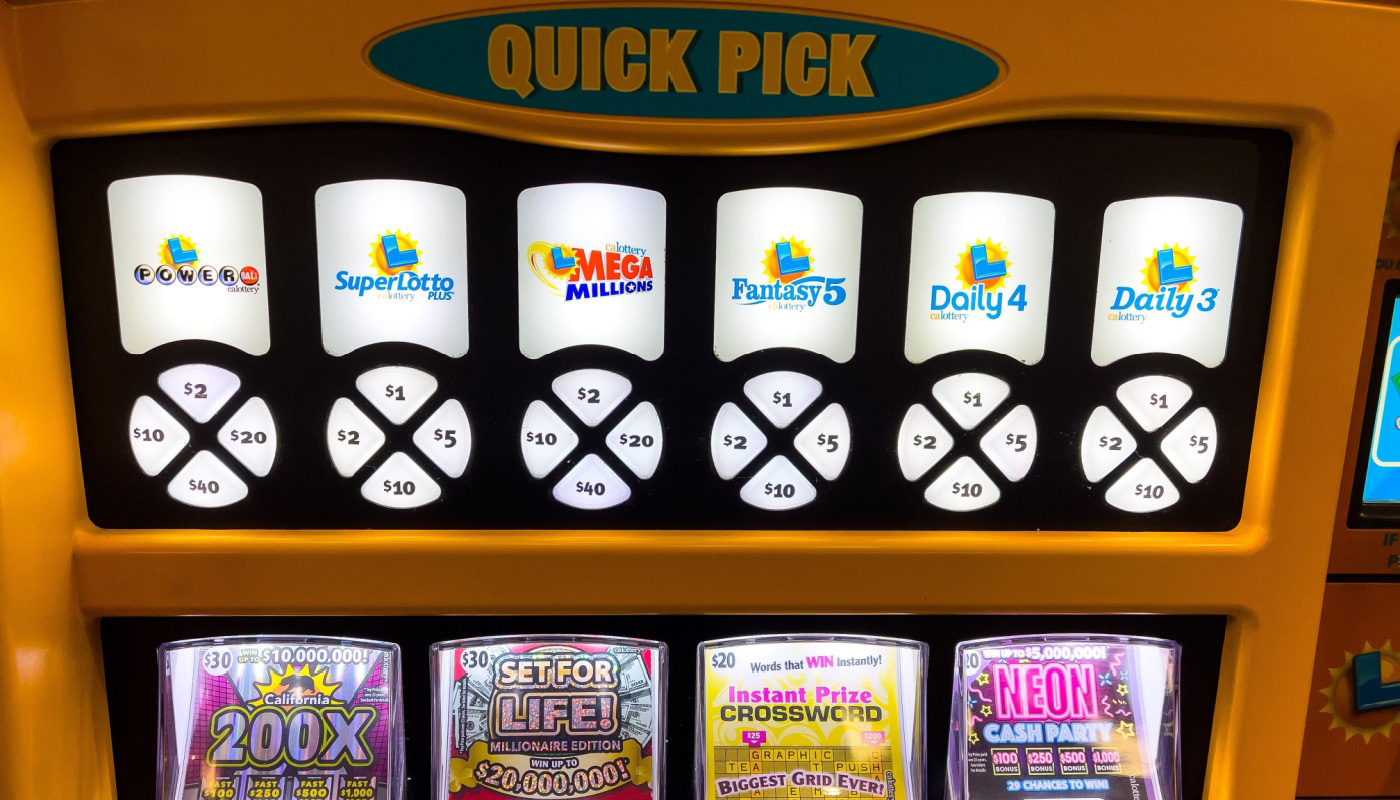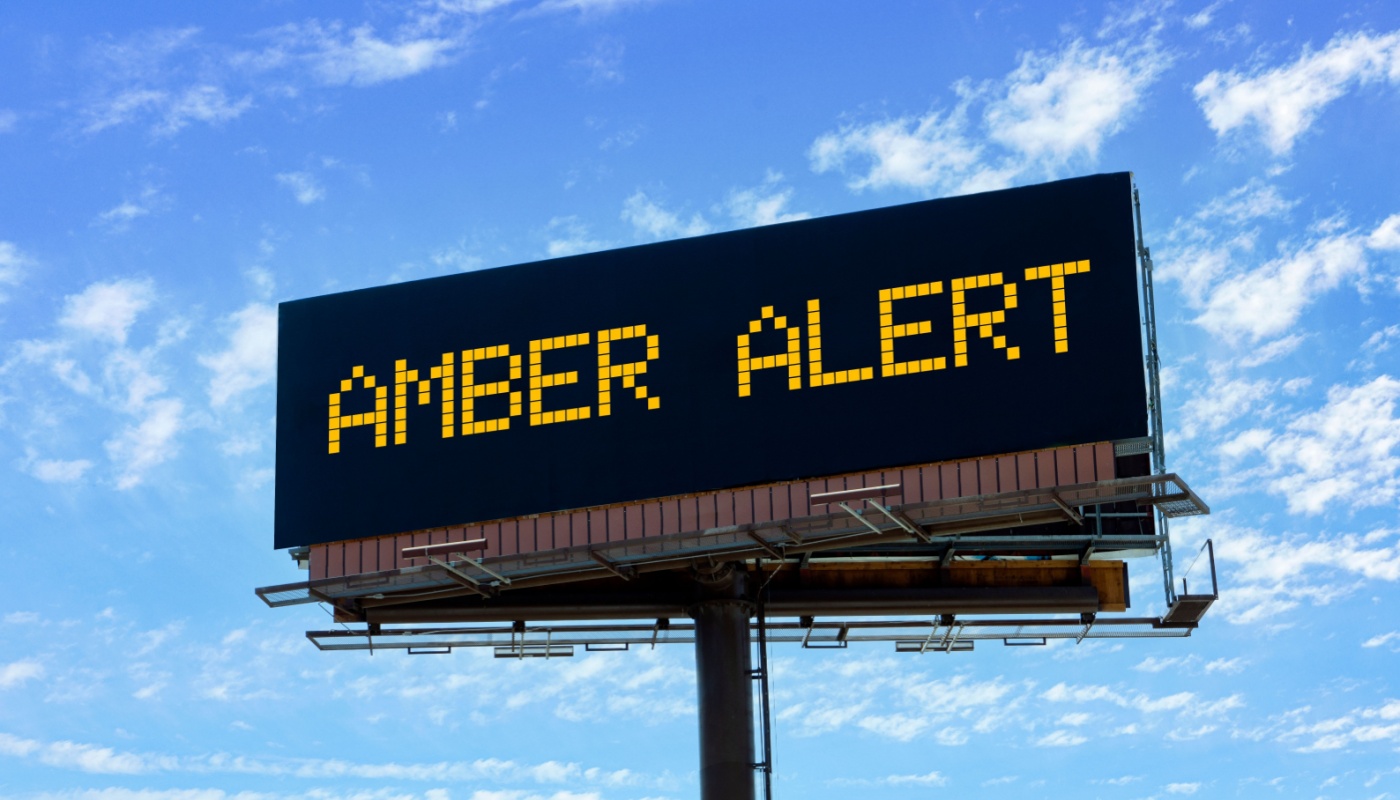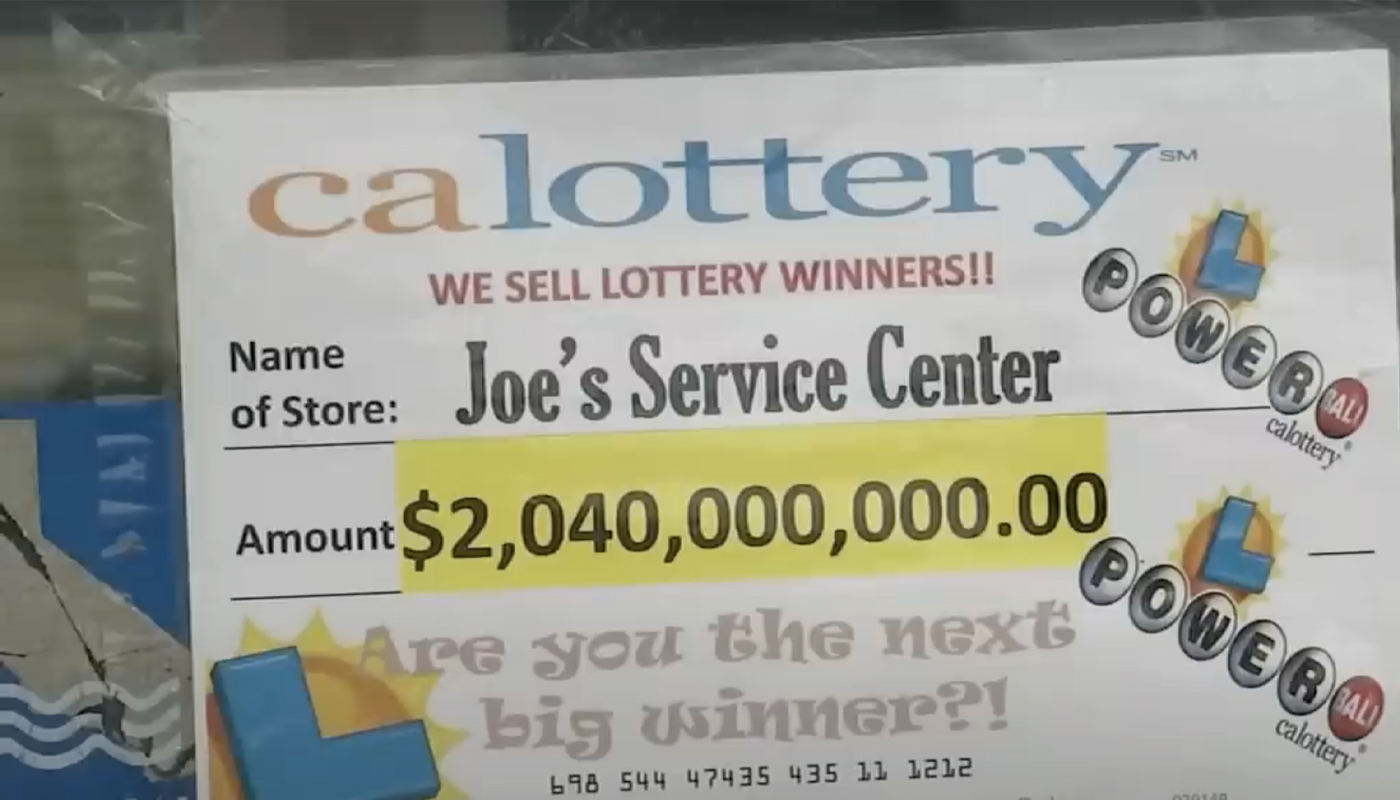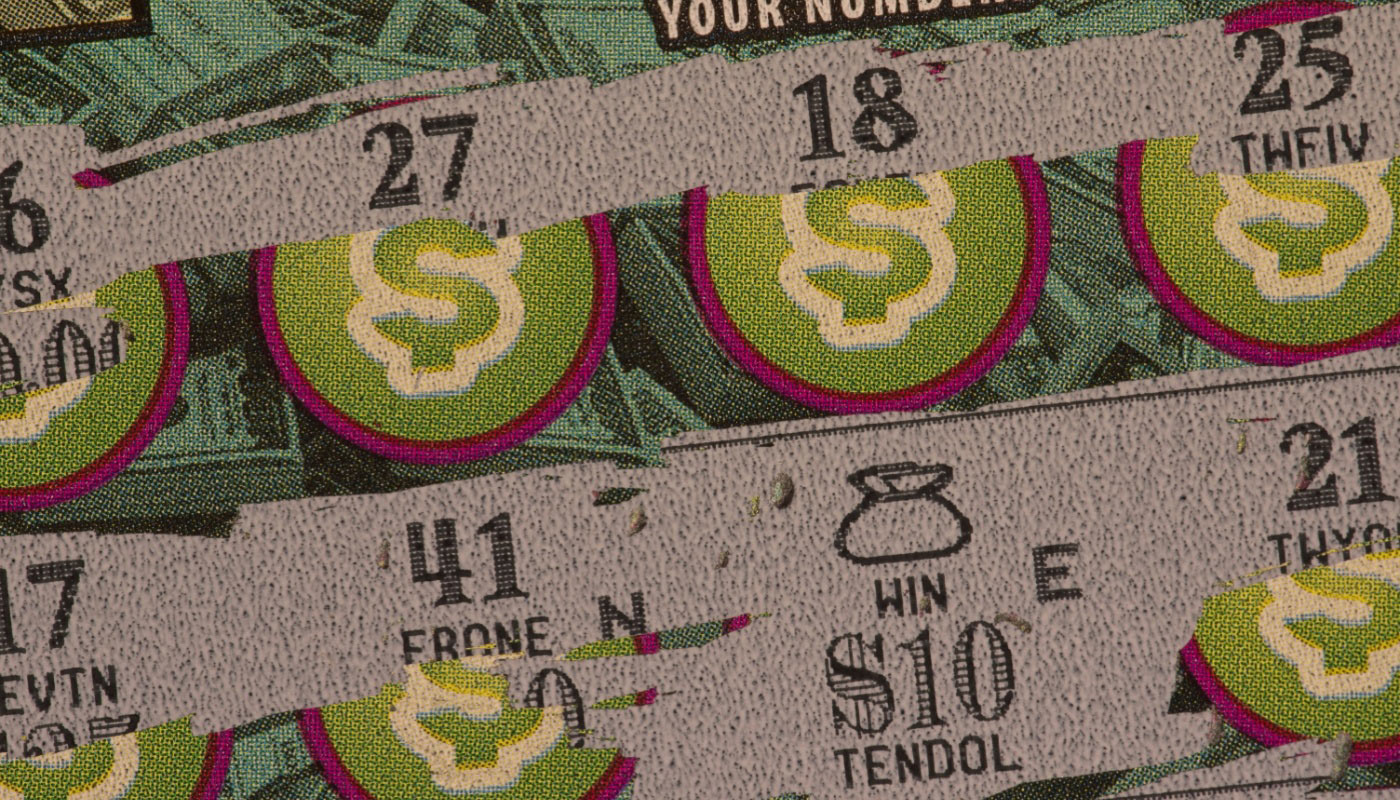
News writer
For many years, lotteries have been the silent workhorse of gambling. In addition to helping millions of people with their hopes of winning a life-altering jackpot, they have contributed to the funding of community initiatives, education, and conservation programs. However, fewer young adults are participating, so several state lotteries are wondering what they can do.
Indeed, the older generations continue to be devoted to their scratch-off tickets and daily draw games. However, the younger audiences, especially those under 35, are gravitating more towards faster, more participatory types of gaming.
We see that this generation is drawn to social gaming, esports, and fantasy sports. These choices provide ongoing involvement and a feeling of individual control over the result.
Therefore, may a "fantasy lottery," a game that combines the strategy and participation of fantasy sports with the luck of the draw, be the secret to attracting younger players? Or would something like this run the danger of altering the lottery's core characteristics?
The age gap that's reshaping gaming
Players over the age of 35 account for about 70% of lottery revenue in this country. This is more than simply a statistic to think about. This age gap suggests that people's definitions of "fun" are evolving.
Gen Z and millennials have grown up with quick feedback, social competition, streaming, and mobile games. These generations are used to sharing their successes, tracking their progress, and making their experiences unique.
That makes the traditional lottery model — buying a ticket, waiting for the draw, and hoping for a win — unfit for that scenario. This way, it's too slow. These gamers don't experience the same dopamine spike as users of fantasy sports or free-to-play mobile games, which encourage engagement and persistence.
Meanwhile, the proportion of those under 35 who play fantasy sports has gone up. According to the Fantasy Sports & Gaming Association, 81% of fantasy sports players are men, and 67% of participants are under 35.
However, these players aren't just wagering. They're building. They draft, manage, research, and compete. These competitors think that their skill and knowledge actually influence the outcome.
This sense of agency is what these younger gamers desire. This sense of urgency is the one thing that a typical lottery does not offer.
The problem with 'pure luck'
The lottery is simple. That is the attraction for a lot of seasoned lottery players. Selecting your numbers and crossing your fingers could have a permanent impact on your life.
However, younger players who have grown up with a sense of urgency may perceive this simplicity as slow.
According to a 2023 study, only 15% of respondents under 30 stated they played the lottery at least once a month. More than half of people over 50 said they played the lottery at least once a month, which highlights the glaring difference.
Many state lotteries have included digital scratchers, quick-play instant games, and mobile apps to cater to younger audiences. Additionally, several lotteries have implemented second-chance promotions, which provide players with an additional level of interaction. However, the core gameplay of the lottery, being based on pure chance, has remained the same.
That isn't necessarily a bad thing. There is an adrenaline rush when watching numbered balls being drawn and then determining you've beaten astronomical odds. However, state lotteries may need to give that thrill a modern twist to resonate with a new generation of dreamers.
What a 'fantasy lottery' could look like
So, what would a fantasy-style lottery look like? It doesn't necessarily have to be something that changes the game completely, but just reimagining how players interact with it.
A fantasy lottery could give players more ways to engage with real-world draw results. For instance, instead of a player just picking six random numbers and hoping they win, fantasy lottery players could assemble “teams” of numbers. They then would compete in daily or weekly challenges, or maybe score points for partial matches.
These fantasy lotteries could use leaderboard-style play. It would reward consistency and long-term strategy rather than a single moment of luck.
The players could create customizable avatars or mini-leagues to compete in with friends and family, or share on social media. All of this gives that sense of community like found in fantasy sports.
This could even be done without real-money gambling, at least when testing it out. Take, for instance, PLAY, Lottery USA's fantasy lottery concept that lets users make daily Pick 3-style plays with virtual coins, competing to climb a leaderboard. There's no real money at stake, but there's real competition, and that's what draws people in.
The psychology of play
If thinking about this psychologically, these younger generations aren't avoiding the lottery because they hate risk or reward. They are truly avoiding it because it doesn't feel like play to them.
When playing fantasy sports, esports, or mobile games, people are using what psychologists call “variable reinforcement.” This is the same mechanism that makes slot machines addictive, but pairing it with skill, progress, and identity. You aren't just playing, but building something.
A fantasy lottery that allows players to make choices, track performance, and compare results taps into that same concept. It's also adding a sense of community, which is something state lotteries have never been able to offer.
These fantasy lottery players could log into the platform, see their name on top of a leaderboard, beating their friends, coworkers, or even national competitors. While the player may not have won a million dollars, they are part of something bigger than a single ticket, and that's pretty powerful.
Lessons from fantasy sports
There are lessons to be learned from fantasy sports. The rise of fantasy sports didn't just happen overnight. It was something that evolved with technology and audience behavior.
When fantasy sports first started, it was done by fans tracking stats by hand. Mailing results and then logging them into spreadsheets.
Then Yahoo! Sports and ESPN arrived, which would eventually lead to FanDuel and DraftKings. These are all platforms that turned fantasy sports into a billion-dollar industry by emphasizing real-time play, accessibility, and social competition.
This is where state lotteries could take a page from that book. The reason why fantasy sports succeeded is that they gave their players ownership. These players aren't just watching a game. They are managing a team.
Likewise, a fantasy lottery could make players feel like they are managing their own luck. They could do this by curating numbers, setting strategies, or taking part in ongoing seasonal play.
The issue with this would be losing the lottery's core identity: simplicity, fairness, and accessibility. Anyone can go out and buy a $2 Powerball ticket. They don't need an app, a strategy, or a skill to do it.
If developers make a fantasy lottery too complex, you could alienate the very players who've sustained the industry for decades. So, the question is: can you make it interactive without making it exclusive?
Digital integration is the bridge
The next big change to the lottery likely won't come from the draw itself. It most likely will come from the digital experience around it.
State lotteries have already started adapting to mobile play. Many of the state lotteries allow players to buy tickets, check results, enter second-chance drawings online, and even play digital instant tickets.
By adding this fantasy component into the mix, it could fit nicely into that ecosystem. This would be a free, gamified add-on that keeps users engaged between drawings.
One example of this approach is the previously mentioned PLAY, the free fantasy lottery game offered by Lottery USA. PLAY takes the core excitement of traditional draw games and adds a digital twist: players start with virtual coins and use them to make daily Pick 3-style plays that sync with the actual New York Numbers results. Every 24 hours, players receive new coins to keep playing, and every win earns them points that move them up the leaderboard.
There's no real money involved, no tickets to buy, and no risk. This is just a fun competition, where you can have the thrill of seeing your username climb higher each day.
It's a modern, social, and interactive way to experience the lottery. It highlights what might be possible if more lotteries embraced fantasy-style engagement. PLAY doesn't replace the traditional lottery. It complements it, giving fans a new reason to return daily, track progress, and connect through friendly competition.
Would fantasy kill the magic?
This change would not be welcomed by everyone, as is the case with most changes. Traditionalists argue that turning the lottery into a gamified competition dilutes its character.
The lottery is universal, so anyone, anywhere, can bet on a dream.
If you start layering strategy and skill, does it stop being a lottery and start becoming something else entirely?
It's a fair question. The lottery's social impact depends on its accessibility and fairness. Everyone gets the same shot, no matter their background or experience level.
Introducing even a hint of skill could create a perception of advantage, whether that was real or imagined. It might also raise regulatory questions about whether such games cross into “skill-based wagering,” which is treated differently under federal and state law.
So perhaps the future lies not in replacing the traditional lottery, but supplementing it. A fantasy-style experience could coexist with traditional draws, offering a new layer of engagement for digital-native players while preserving the integrity of classic lottery play.
In that way, fantasy wouldn't kill the magic, but it might just modernize it.
Why free-to-play is the perfect testing ground
The fact that fantasy lottery games can be played for free is one of their main advantages. The thrill of the chase, the ascent up the leaderboard, and the joy of near-misses may all be had without gambling. In addition to pleasing regulators, this strategy brings the lottery brand to new players who might not have otherwise played.
That's what makes PLAY, and similar experiments, so interesting. It's not about winning money. It's about winning attention. And attention is the new currency in a crowded entertainment landscape.
If younger players spend their time managing fantasy football rosters or chasing badges on mobile games, why couldn't the lottery compete for that same engagement with its own form of fantasy play?
By meeting players where they already are — online, on mobile, and in social environments — lotteries could nurture long-term interest. When those players are ready to try real-money games, the brand recognition is already there.
The delicate balance of change
Lotteries have always walked a line between tradition and innovation. They can't move too fast, or they risk losing trust. But they also can't stand still while the next generation of gamers, bettors, and dreamers moves on without them.
Fantasy-style games may offer the perfect balance. It would be evolution without revolution. They can introduce strategy, skill, and social connection while keeping the spirit of the lottery intact: ordinary people taking a chance on something extraordinary.
That's the tightrope every gaming institution faces today. The key is not just attracting new players, but giving them a reason to stay.
And if that reason happens to involve leaderboards, friendly rivalries, and a bit of daily competition? Then maybe that's not changing the game too much. Maybe it's exactly what the game needs.
The bottom line
A “fantasy lottery” might sound futuristic, but it's really just the next logical step in how people play. Younger audiences want connection, personalization, and a sense of progress. They want to feel like participants, not spectators.
That doesn't mean replacing Powerball with a points-based league or turning Mega Millions into an esports event. It means creating digital spaces, like PLAY, where the essence of the lottery can live in new forms.
Because at its heart, the lottery has always been about imagination: picturing a better life, believing that luck could strike you, and enjoying the thrill of the “what if.”
If fantasy-style play helps a new generation rediscover that feeling, even if it's free, then maybe the future of the lottery isn't just about numbers. Maybe it's about narratives. And in that story, luck and skill don't have to be rivals. They can play on the same team.
Enjoy playing the lottery, and please remember to play responsibly.


















Comments